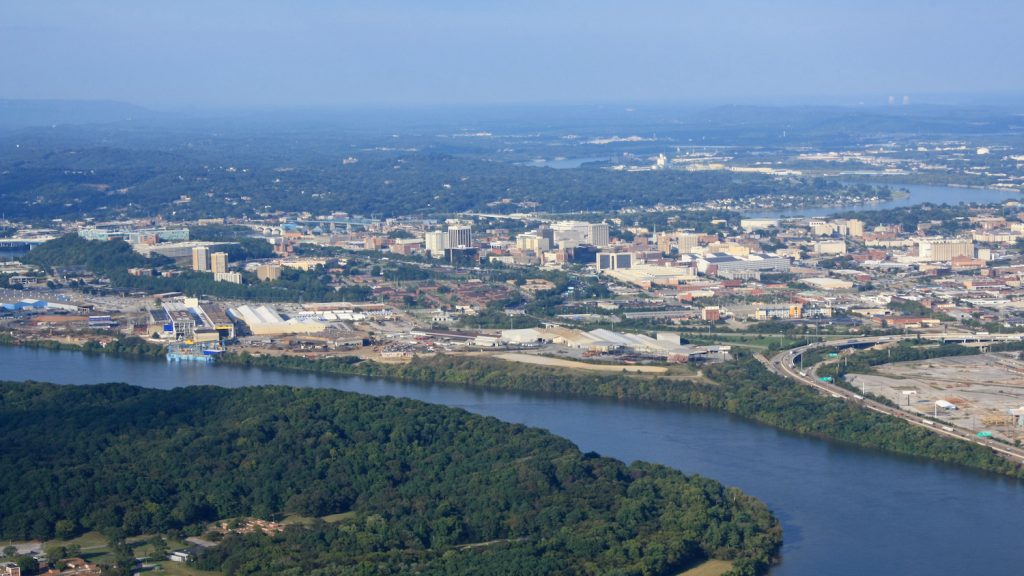Consequences of Urbanization and Climate Change on Human and Ecosystem Health

Principal Investigator: Steve Frank, Department of Entomology, NC State University
Project Completion: August 2019. This project is now completed.
Implements Science Plan Theme: 4
Co-PI: Rob Dunn, Department of Applied Ecology, NC State University
Overview
Urban forests provide well-documented environmental and societal benefits valued at more than four billion dollars per year in the United States. As cities expand onto land once occupied by rural forests, urban trees take on an even more vital role in mitigating global climate change, conserving biodiversity, and protecting human health. Maintaining the health of trees is challenging in cities and in forests under climate change because of tree stress and pests. Unhealthy trees do not provide adequate ecosystem services or conservation value compared to healthy trees. In this work we found that exotic trees can remain healthy and maintain biodiversity of arthropods (e.g. spiders and insects) that is similar to native trees, and in stressful locations exotic trees performed better. This information can help resource managers select the best tree species for different locations and goals. We also found that native insects can become invasive pests when exposed to the urban heat island effect or climate warming. As these pests become more abundant and expand their range they could threaten the health of forests. Scientists and resource managers can use our results to predict which species may become pests with climate change and can use cities as laboratories for understanding the effects of climate change.
View a SE CASC Science Seminar Series presentation summarizing this project:
More Information
- Read the latest blog post about the newest publication associated with this project.
- View the video produced by Global Change Fellow Larry Long describing his work on this project.
- See a presentation given by Steve Frank summarizing this work at the National Forum on Climate and Pests.
- Media Coverage on WUNC: http://wunc.org/post/report-global-warming-threatens-north-carolinas-bees#stream/0
